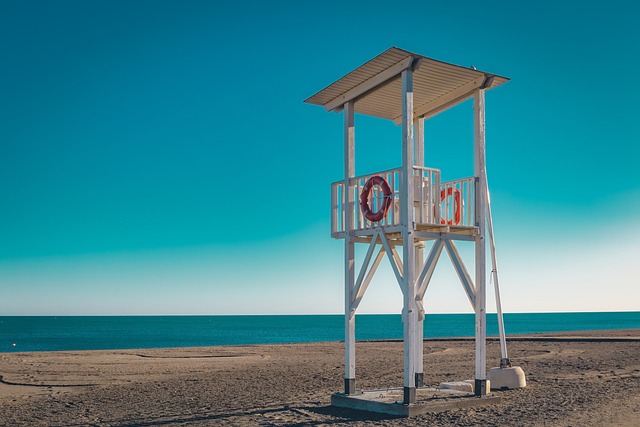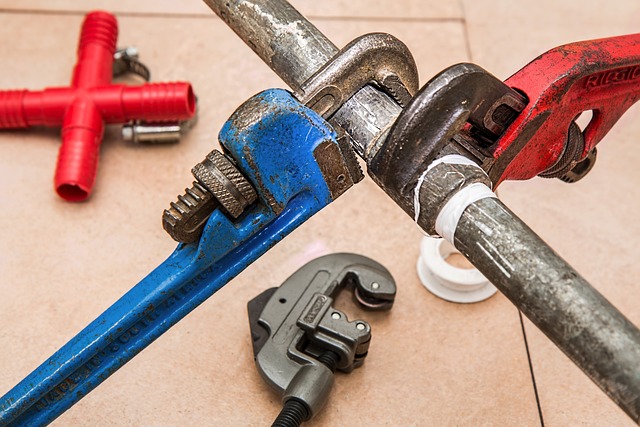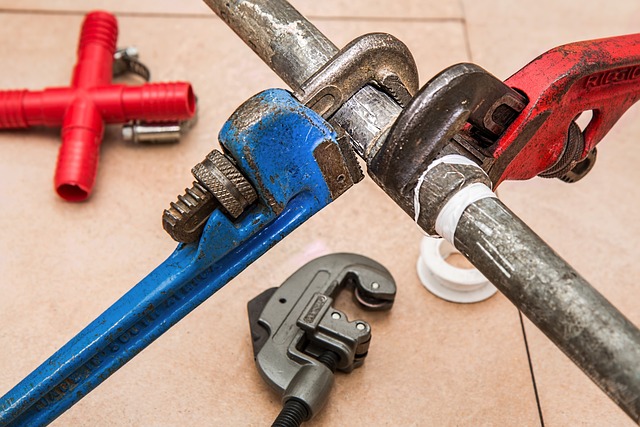The Importance of Pipeline Protectors in Safeguarding Philly’s Sewer Infrastructure
Philadelphia, known as the City of Brotherly Love, is home to a vast and intricate sewer infrastructure that plays a crucial role in maintaining the city’s cleanliness and hygiene. However, like any other infrastructure, these pipelines are subject to wear and tear over time. To ensure the smooth functioning of the sewer system, it is essential to have pipeline protectors in place. These protectors act as a safeguard, preventing potential damage and ensuring the longevity of the sewer infrastructure.
One of the primary reasons why pipeline protectors are crucial in safeguarding Philly’s sewer infrastructure is the constant exposure to external elements. Philadelphia experiences a wide range of weather conditions throughout the year, from scorching summers to freezing winters. These extreme temperatures can cause the pipelines to expand and contract, leading to cracks and leaks. Additionally, heavy rainfall and storms can put immense pressure on the sewer system, increasing the risk of damage. By installing pipeline protectors, the infrastructure is shielded from these external factors, reducing the chances of deterioration.
Another significant threat to Philly’s sewer infrastructure is the presence of tree roots. Trees, with their extensive root systems, often seek out sources of water, and unfortunately, sewer pipelines can provide just that. As the roots grow, they can infiltrate the pipelines, causing blockages and even ruptures. This not only disrupts the flow of wastewater but also poses a risk of contamination. Pipeline protectors act as a barrier, preventing tree roots from accessing the pipelines and causing damage. By keeping the roots at bay, the protectors ensure the smooth functioning of the sewer system.
Furthermore, the age of the sewer infrastructure in Philadelphia is a cause for concern. Many of the pipelines in the city are decades old and have surpassed their intended lifespan. As these pipelines age, they become more susceptible to cracks, corrosion, and collapses. Without proper protection, these issues can lead to significant disruptions in the sewer system, resulting in costly repairs and potential health hazards. Pipeline protectors provide an additional layer of defense, reinforcing the aging infrastructure and extending its lifespan.
In addition to protecting the sewer infrastructure from external threats, pipeline protectors also play a crucial role in preventing sewer backups. Sewer backups occur when the wastewater cannot flow freely through the pipelines, causing it to overflow into homes, streets, and other public areas. This not only creates a foul odor and unsightly mess but also poses a severe health risk. By installing protectors, the pipelines are kept clear of debris, preventing blockages and reducing the likelihood of sewer backups. This ensures the safety and well-being of the residents of Philadelphia.
In conclusion, pipeline protectors are essential in safeguarding Philly’s sewer infrastructure. They shield the pipelines from external elements, such as extreme weather conditions, and prevent tree roots from infiltrating the system. Additionally, they reinforce the aging infrastructure and prevent costly repairs. Most importantly, pipeline protectors help prevent sewer backups, ensuring the cleanliness and hygiene of the city. By investing in these protectors, Philadelphia can maintain a robust and efficient sewer system, contributing to the overall well-being of its residents.



